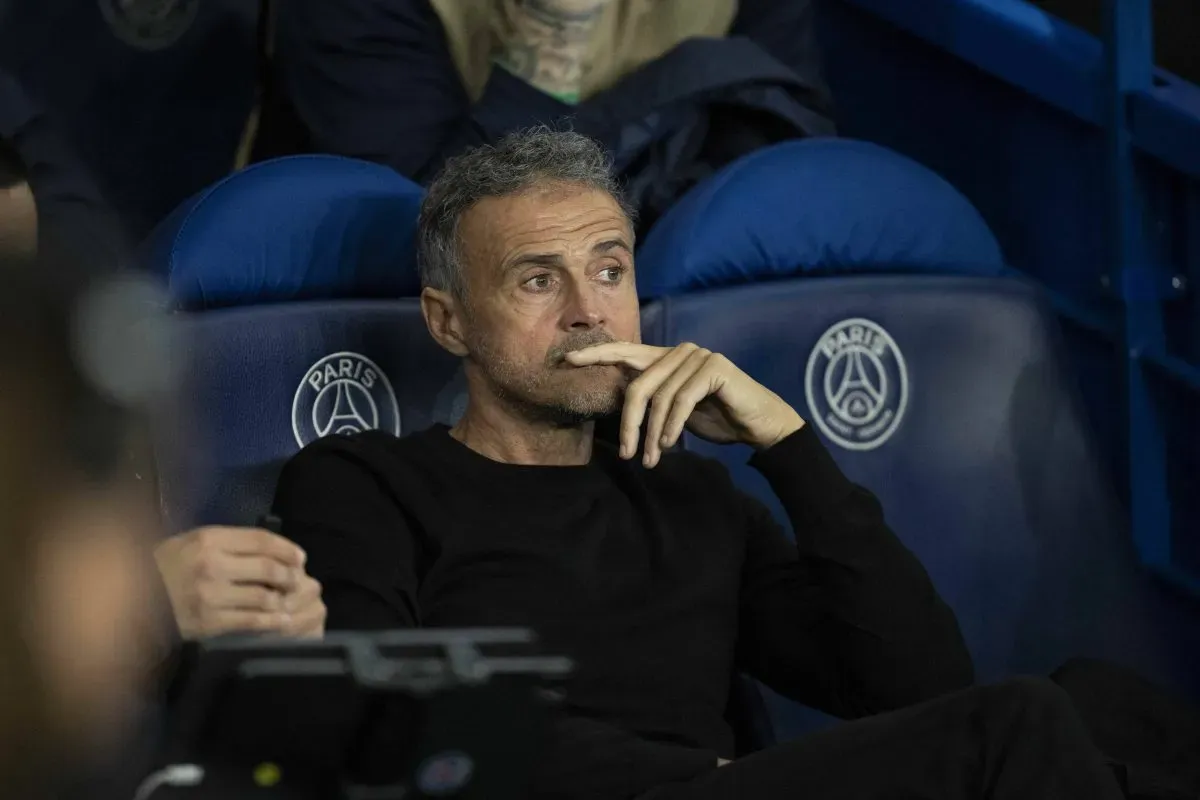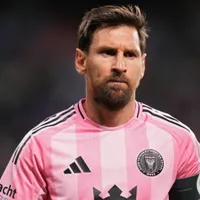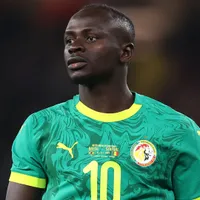One noticeable trend that has evolved in the world of soccer in recent years. It comes in the form of wealthy billionaire club owners choosing to sell minority stakes in their teams.
Historically, many people considered soccer clubs to be the exclusive preserve of a single rich benefactor. However, a change is happening that threatens the status quo of private property ownership.
In the minority share sale of clubs, the current owners sell off a part of their ownership to outside investors. They still maintain control in most cases. This strategic step enables owners to free liquidity. It also allows them to bring in new cash and experience to negotiate the intricacies of contemporary soccer administration.
Soccer’s meteoric rise to worldwide popularity has meant that teams may expand beyond their traditional domestic audiences. Opportunities for international collaboration and fan participation may be expanded by selling minority shares to investors in other countries.
This method not only helps the clubs financially but also encourages teamwork and the formation of strategic alliances. These are key to sustaining success over a long period.
Are QSI and PSG set to follow in Manchester United’s footsteps?
Manchester United are the most up-to-date illustration of this. Sir Jim Ratcliffe, a British billionaire, is expected to conclude his deal to become a minority investor at the English titans during the ongoing November international break.
The INEOS Group, owned by the English tycoon, is said to be paying around $1.25 billion for a 25% stake in the team. Following Sir Alex Ferguson’s departure in 2014, the CEO of INEOS reportedly aims for the Red Devils to reverse a decade-long slide.
Now, there are whispers that Qatar Sports Investment (QSI) are planning to sell a small portion of their ownership in Paris Saint-Germain. Despite having exclusive control of the French champions since 2011, the Qatari conglomerate are now accepting outside investment.

Luis Enrique may see a change in how PSG recruit as a result of structural change
QSI aim to use the funds to develop the club’s new training facility and the Parc des Princes stadium. The Athletic say that they have no intentions of leaving or giving up majority ownership of the French champions.
Arctos Partners, a private equity firm in the United States, is considering investing in PSG. The club has a projected value of more than $4.3 billion. They have previously invested in Liverpool’s Fenway Sports Group and in 2022 bought a $36 million interest in Atalanta.
Soccer teams in Europe and South America are another investment objective for QSI. They invested 22 percent of their budget into Portuguese team Braga a year ago. Since then they have been keeping an eye on other clubs in Europe and South America.
What did PSG chief revenue officer say?
PSG chief revenue officer Marc Armstrong is excited about the possibility of investment, which would help the club expand into new areas like the United States. “This is an opportunity to bring our business to the next level and particularly in key markets, such as the United States.
“The company have a history of investing in sport franchises, they have experience and know-how on their advisory board and we can work together to take our business to the next level. We have no interest in selling the club, this will definitely be a minority stake.
“The ownership are more committed to the club than ever, which can be seen by the money we have spent on Poissy (the club’s new training ground) and what we are prepared to spend on the stadium: those are both long-term investments”, he told The Athletic.
Photo credits: IMAGO / ZUMA Wire : IMAGO / ABACAPRESS















